The Azerbaijani diaspora: Strength in unity Youth driving the nation’s global image
Recent events have clearly shown that, in many respects, the Armenian diaspora has remained on the sidelines of global developments. One key reason for this is the growing activity of the Azerbaijani diaspora movement.
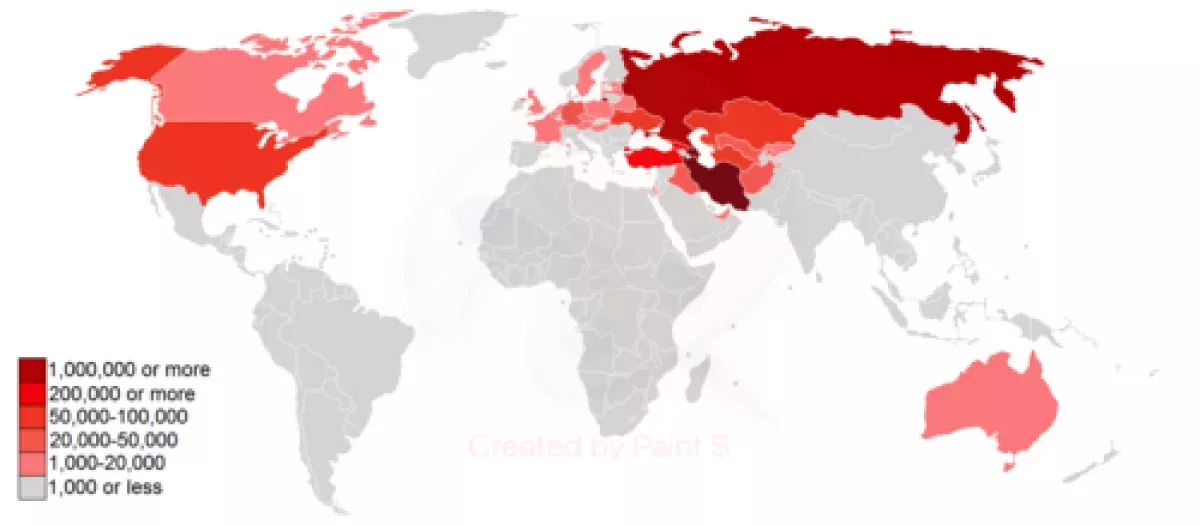
Today, to coordinate diaspora activities across different regions of the world, coordination councils have been established, and 30 Azerbaijani Houses are successfully operating in 20 countries, each with weekend schools.
The scale of the diaspora movement is reflected in the fact that nearly 1,000 compatriots from 85 countries participated in a videoconference organized by the State Committee for Work with Diaspora of Azerbaijan (SCWDA) to review the results of 2024.
Last year also saw the first Forum of Azerbaijani Scientists Abroad, which brought together more than 80 scholars from 23 countries.
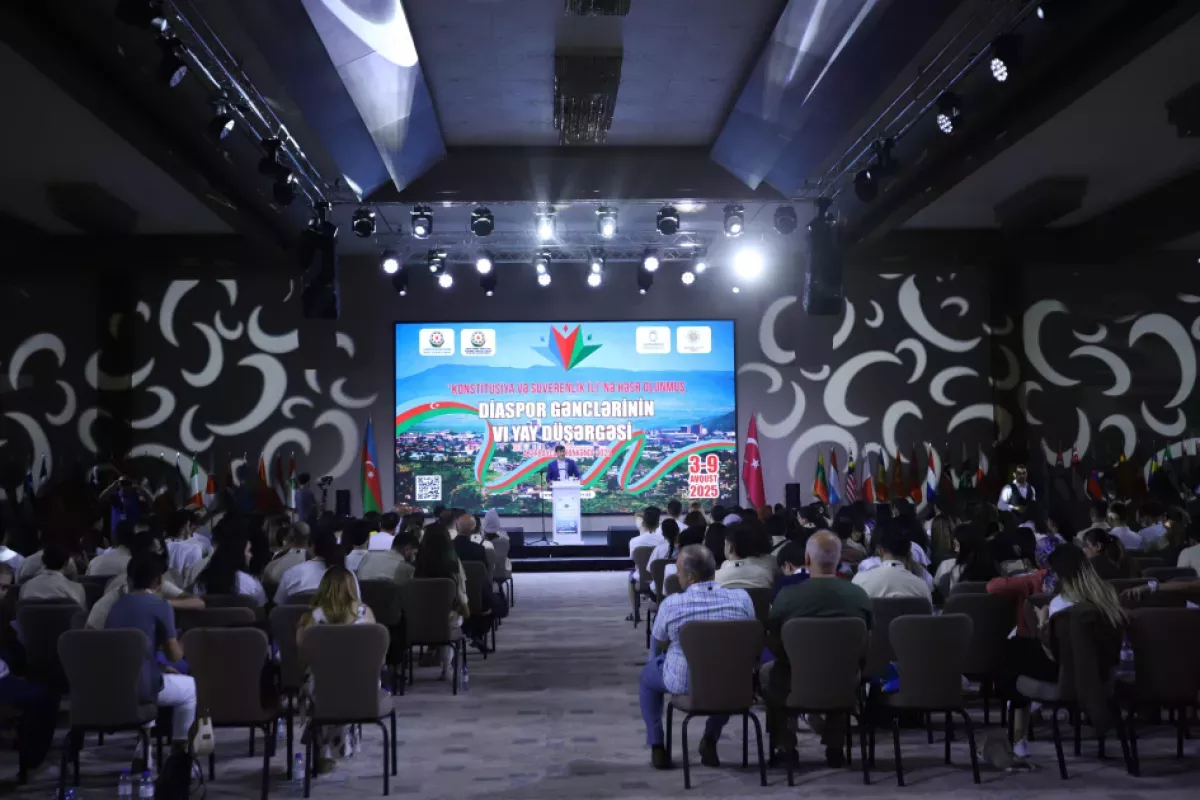
We highlight these facts intentionally, in the context of the recently concluded VI Summer Camp for Diaspora Youth in Khankendi (128 participants from 61 countries), dedicated to the Year of the Constitution and Sovereignty, organized by the SCWDA in cooperation with the Heydar Aliyev Foundation.
As noted by Fuad Muradov, Chairman of the State Committee for Work with Diaspora, “this platform has proven its worth from day one.”
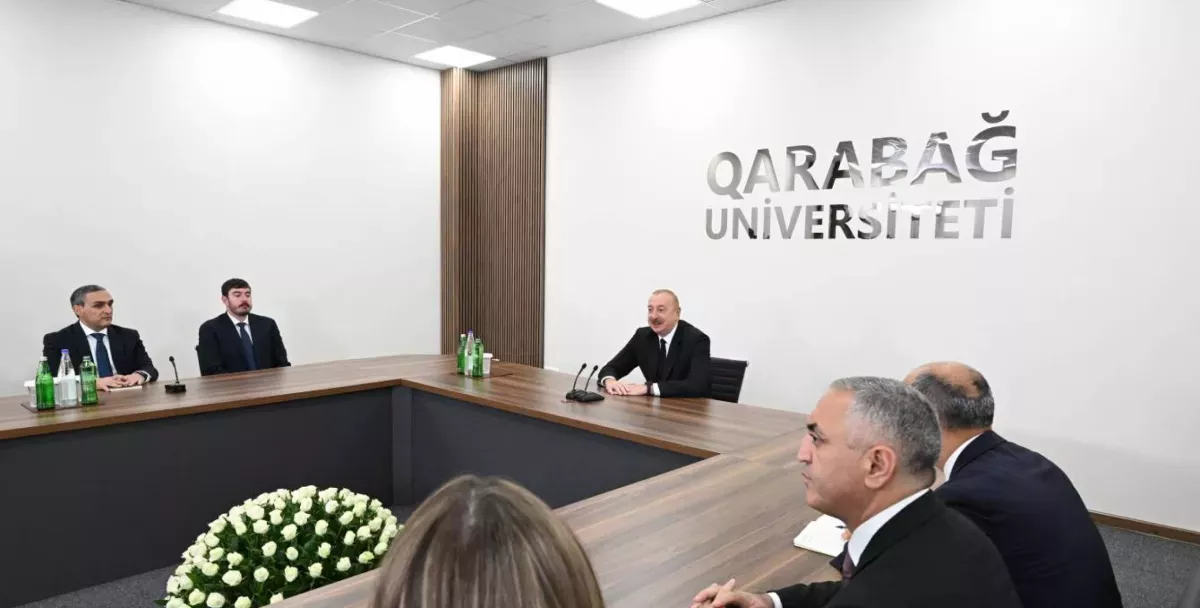
Today, it is precisely the youth who represent one of the key pillars of the Azerbaijani people—a victorious nation, regardless of where its members live.
Azerbaijani President Ilham Aliyev emphasised: “We have demonstrated that with strong will, professionalism, patriotism, and a young generation raised in the national spirit, no force can stand in the way of a nation like that.”
Therefore, the youth must remain committed to their culture, traditions, and spiritual values, so that their minds stay pure and any attempts to corrupt their consciousness are rendered futile—especially today, when ideological threats know no borders.
As the head of state stated at the 5th Congress of World Azerbaijanis, “the public of the countries where you live should be made aware, so to speak, of the realities of Azerbaijan, the post-conflict period and the history of our country.” He described Azerbaijanis living abroad as a “great force" whose activities are of significant importance to the state, noting that "their activity and communication of Azerbaijani realities and protecting Azerbaijan’s interests strengthen our state, of course."
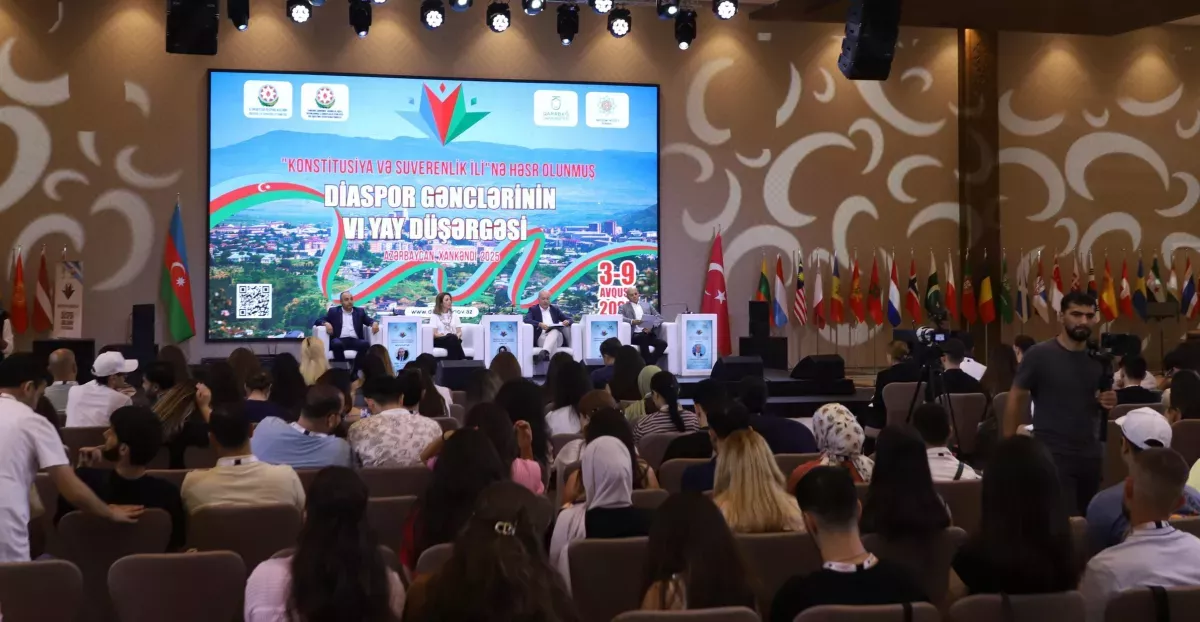
It was this logic that formed the foundation of the camp’s program. During the “Khankendi” panel, participants were shown a video in Azerbaijani and English about the city’s founding. Combined with meetings with the families of martyrs and veterans of the Karabakh war, this panel played a key role in the ideological education of Azerbaijani youth living abroad.
Next came the panel “Azerbaijan’s Foreign Policy and Public Diplomacy.” Young participants watched with enthusiasm and pride the working visit of President Ilham Aliyev to the United States, witnessing firsthand the impressive results Azerbaijan has achieved on the international stage thanks to his initiatives.
The camp also organized an excursion to Shusha, complete with a detailed account of the city’s history.
A landmark event was the presentation of the book Heritage of Western Azerbaijan, which explores the history of these lands in depth. The presentation was accompanied by a photo exhibition highlighting acts of vandalism that occurred in these territories, as well as a documentary film showing the realities of Western Azerbaijan. These activities aimed to strengthen “soft power” and prepare young Azerbaijanis to counter disinformation.
Particular excitement was generated by the meeting with prominent figures in culture and the arts. In their speeches, they emphasized the importance of culture as a means of expressing a nation’s uniqueness, history, worldview, and values, noting that a state’s strength is reflected not only in its military and economic power but also in its cultural heritage. Azerbaijanis living abroad carry the vital responsibility of representing their country through culture—one of the most powerful instruments of diplomacy—and thereby gaining friends for Azerbaijan.
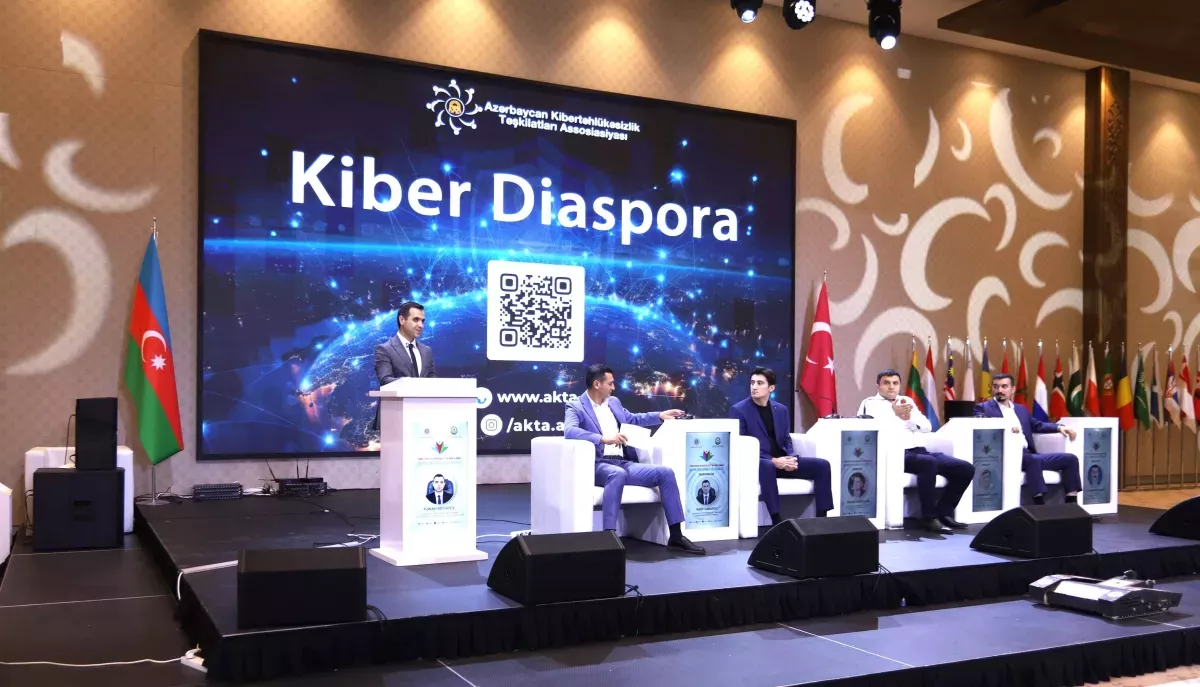
In parallel, a meeting was organized with well-known Azerbaijani athletes and sports journalists.
The camp’s program included activities aimed at enhancing the participants’ intellectual development. A panel titled “Virtual Community Platform and Global Network Interaction” attracted significant interest, focusing on the role of cyber-simulation technologies, innovations in drones, robotics, and other cutting-edge fields.
Equally engaging were training sessions on “Intercultural Communication,” “Community Building and Teamwork (Teambuilding),” and “Skills for the Modern Era: Communication and Presentation Abilities, Emotional Intelligence.”
Participants also actively took part in recreational and intellectual games and competitions.
In this way, the 6th Summer Camp for Diaspora Youth became a practical implementation of the ideas of the President of Azerbaijan and the National Leader Heydar Aliyev.
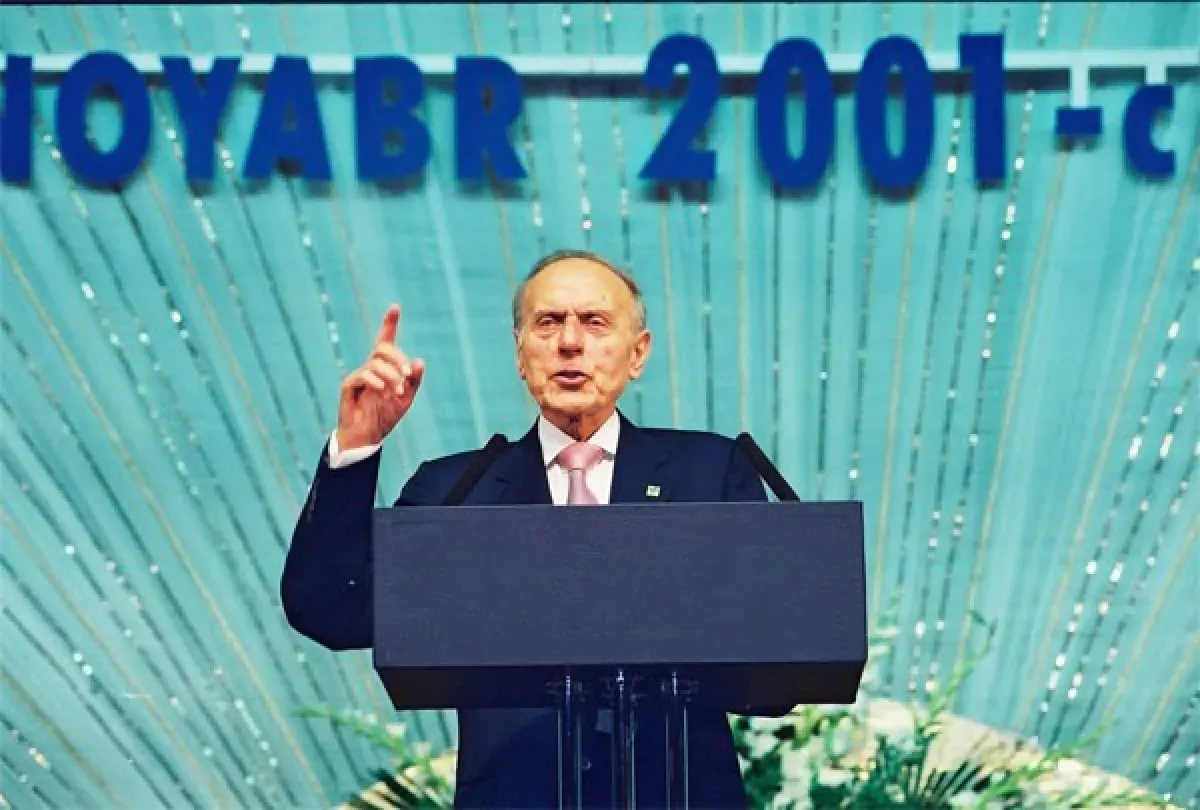
At the 1st Congress of Azerbaijanis Worldwide in 2001, Heydar Aliyev stated: “A person, regardless of the country in which they live, must preserve their national identity. … People—I am speaking about Azerbaijanis—should, once integrated into the conditions of the country where they reside, hold high positions there. At the same time, they must always remain faithful to their national and spiritual values, to their national roots. It is precisely these factors that unite all of us. The idea of Azerbaijanism, Azerbaijanism itself, unites and fosters solidarity among all of us.”
The focus of all the camp’s activities ensures that participants gained knowledge enabling them to effectively promote Azerbaijan’s image in their countries of residence.
At the camp’s opening, Fuad Muradov expressed confidence that the youth, inspired by their time in Khankendi, would actively develop the diaspora, share information about our country upon returning home, and maintain a “firm stance against forces opposing Azerbaijan.”








